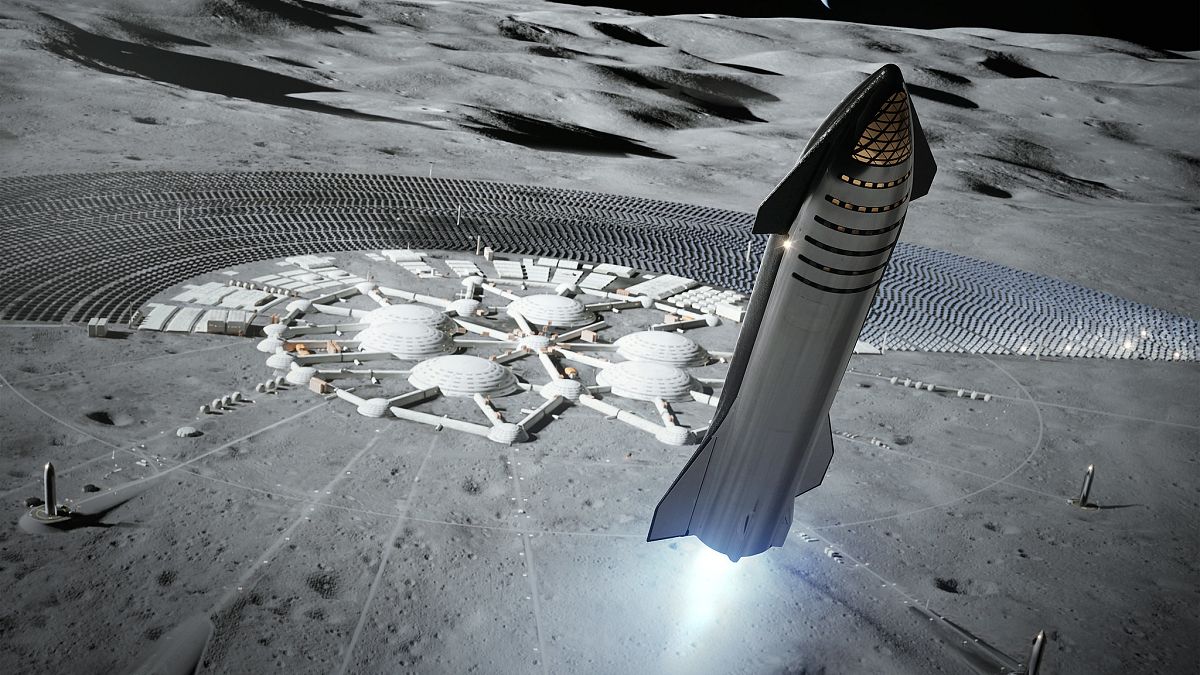Travel
Holiday on Mars? Experts on whether Trump’s Mars mission is realistic

Space Tourism: The Next Frontier for Humanity?
The Rise of Space Tourism: From Suborbital Flights to Mars Ambitions
Space tourism is no longer the stuff of science fiction; it’s a burgeoning industry that’s gaining momentum with companies like Virgin Galactic, Blue Origin, and SpaceX leading the charge. The first space tourist, Dennis Tito, made history in 2001 by boarding the Soyuz TM-32 mission, marking the beginning of a new era in space exploration. Since then, around 60 individuals have ventured into space, albeit mostly on suborbital flights that briefly pierce the Earth’s atmosphere before returning. Richard Branson’s Virgin Galactic has been at the forefront of this movement, successfully completing seven commercial flights with its VSS Unity space plane, which reaches an altitude of 90 km—NASA’s definition of space. However, the Fédération Aéronautique Internationale (FAI) defines space as starting at 100 km, leaving some debate about what constitutes a true spaceflight.
Meanwhile, Jeff Bezos’ Blue Origin has also entered the fray with its New Shepard reusable rocket, which has flown eight crewed missions since 2021. Elon Musk’s SpaceX, while primarily known for its ambitious goals like colonizing Mars, has also made significant strides in space tourism through its Crew Dragon spacecraft. Designed for civilians with minimal training, the Crew Dragon has docked at the International Space Station (ISS) and conducted orbital trips, marking a new era of accessibility to space. With 15 crewed launches under its belt, SpaceX is proving that space travel isn’t just for astronauts anymore.
The Push for Mars: How Close Are We to Becoming a Multi-Planetary Species?
The ultimate goal for many in the space industry isn’t just to take tourists to the edge of space but to establish a human presence on Mars. During his inauguration, former US President Donald Trump vowed to send American astronauts to plant the flag on Mars, a vision that resonated with Elon Musk, who has been vocal about his dreams of colonizing the red planet. Musk has often emphasized the importance of becoming a multi-planetary species to avoid eventual extinction, stating, “History is going to bifurcate along two directions. One path is we stay on Earth forever, and then there will be some eventual extinction event. The alternative is to become a spacefaring civilization and a multi-planet species.”
Despite the ambitious rhetoric, the reality is that sending humans to Mars is still a significant technological and financial challenge. The cost of such a mission is staggering, with estimates suggesting that a Mars expedition could cost hundreds of billions of dollars. Furthermore, cosmic radiation remains a major concern for long-duration space missions, posing serious health risks to astronauts. While companies like Lockheed Martin are proposing concepts like Mars Base Camp, which aims to send humans to Mars via the Moon in the next decade, experts like Dr. Annette Toivonen believe that the technology to make this happen is still years away. “The technology is not present at the moment,” she says, “not to get there in four years anyway. Right now, it seems like mission impossible.”
The Evolution of Space Tourism: Technology, Sustainability, and Ethics
As space tourism continues to grow, technology will play a pivotal role in making it more accessible to the masses. Companies are working tirelessly to develop reusable launchers and improve propulsion systems, which could significantly reduce costs and increase efficiency. However, the environmental impact of rocket launches remains a concern, as they contribute to pollution and use vast amounts of energy. Despite these challenges, some experts argue that space tourism could have an unexpected environmental benefit. Dr. Annette Toivonen suggests that seeing Earth from space could be a life-changing experience for individuals, particularly the wealthy and influential, who might be inspired to take action against climate change. “When people go to space and see how fragile we are, and they see this very thin layer of ozone, it’s a scary experience for them,” she explains. “For some people, to see this with their own eyes and to know how we are polluting the planet, it could be a life-changing experience for them.”
However, not everyone is convinced that space tourism is the answer to our environmental woes. Critics argue that the industry’s focus on luxury and exclusivity raises ethical questions, particularly when considering the vast inequalities on Earth. “It’s a bit of a twisted angle,” Toivonen admits, “but these people are the ones with the influence